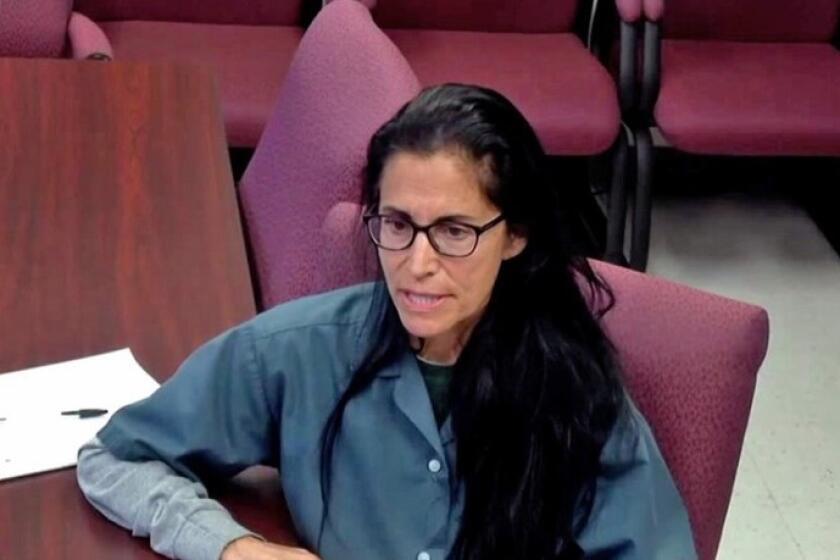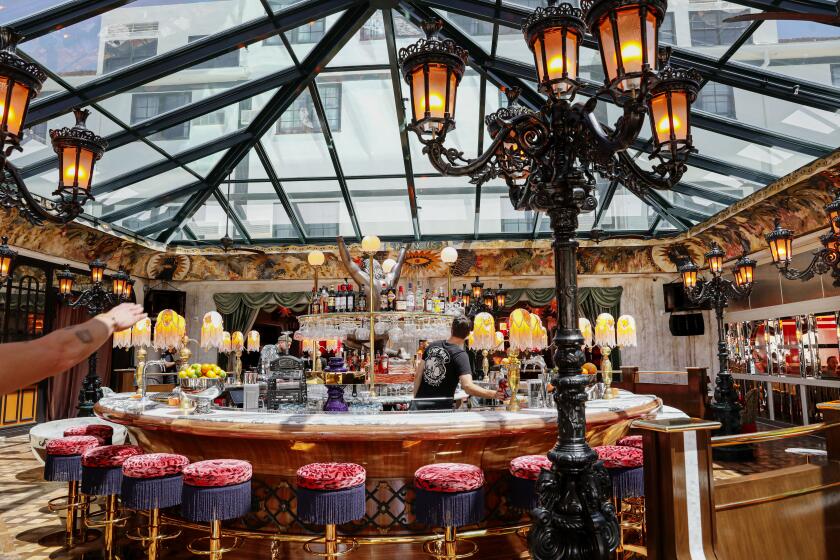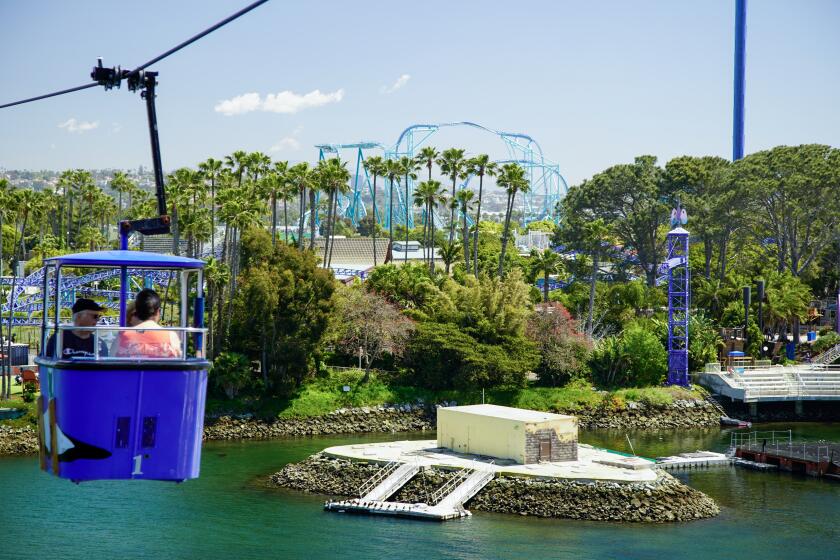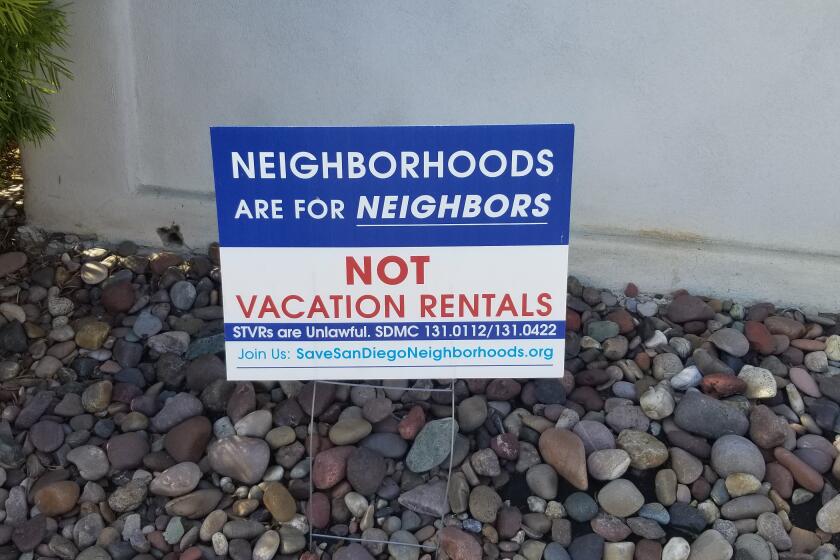No appeal on convention center ruling
The city of San Diego will not appeal a recent court ruling that killed its plan to finance an expansion of the convention center with a hotelier-approved room tax.
The City Council’s 7-0 vote Tuesday to not pursue an appeal raises questions about when, if ever, a larger center will be built, given the daunting challenge of finding a new way to pay for the $520 million project or an alternative.
Meeting in closed session, the council considered how to proceed in light of an appellate court ruling earlier this month that a hotel room surcharge approved two years ago by the city’s hotel owners was unconstitutional because it was not submitted to the electorate.
While the city has the option of putting the matter to a vote of the people, it would require a two-thirds majority, a difficult threshold to meet for any tax, even a levy on visitors.
Mayor Kevin Faulconer said Tuesday he remains committed to an expansion of the center, but is now open to other ideas that could combine a new football stadium with a convention hall.
“As I take a fresh look at expanding the convention center, I am open to all options,” Faulconer said in a prepared statement. “These include finding alternative financing for the current plan to expand directly next to the existing convention center as well as exploring a non-contiguous expansion at a different location that could include a new stadium for the Chargers. I continue to believe that any proposed Chargers stadium project should be brought before voters.”
Up until the recent court ruling, expansion backers had long argued that the only workable solution for a larger center is a contiguous one that doesn’t require conventioneers to walk blocks to another location for their meetings.
In recent weeks, Faulconer has been meeting with key stakeholders, including the lodging and convention industry, the Chargers and JMI Realty, the development company of former Padres owner John Moores. The Chargers have proposed using a new stadium’s playing field for conventions, while JMI offered an alternative proposal that would put exhibit space underneath the field.
To date, the city and Convention Center Corp. have spent more than $12 million on the project.
Councilman David Alvarez, who did not support the hotel tax when it was endorsed by the council in 2012, said he was pleased by the council decision.
“We have a new opportunity to move forward with a better project, including a potential stadium site, and engage San Diegans in a citywide dialogue about how to build the best facility possible,” he said. “The people of San Diego should get a say on whether to fund a Convention Center expansion...”
Plans for an expanded convention center have been in the works for the last half-dozen years, culminating with a vote two years ago by the city’s hotel owners to levy a room surcharge of 1 percent to 3 percent to generate the bulk of the revenue needed to pay for the project. Former Mayor Jerry Sanders, now CEO of the San Diego Regional Chamber of Commerce, shepherded the project, assembling a task force five years ago to study the possibility of a second expansion.
Although the proposed expansion already has passed muster with the California Coastal Commission, its approval has been challenged by attorney Cory Briggs, who prevailed in the hotel tax case before the appellate court. His suit against the Coastal Commission could take years to resolve.
“My client (San Diegans for Open Government) is pleased to see the city focusing on the next chapter in this saga,” Briggs said. “Hopefully the mayor will take this opportunity to bring the entire community—not just the hoteliers—together to figure out what’s best for the city. It sounds like he’s on the right track. Time will tell.”
Tourism leaders and convention officials say that without an expansion, San Diego is in danger of losing existing convention clients that have outgrown the center, as well as larger meetings that would come here if there were more exhibit space.
“There will be lost business because of the uncertainty,” said Joe Terzi, CEO of the Tourism Authority, which handles the booking of larger conventions and trade shows. “The ability to book space in an expanded center is not just for large conventions but for doing multiple conventions at the same time. It’s in our best interest to figure this out sooner than later because our customers will be making decisions out into the future.”
Get U-T Business in your inbox on Mondays
Get ready for your week with the week’s top business stories from San Diego and California, in your inbox Monday mornings.
You may occasionally receive promotional content from the San Diego Union-Tribune.












